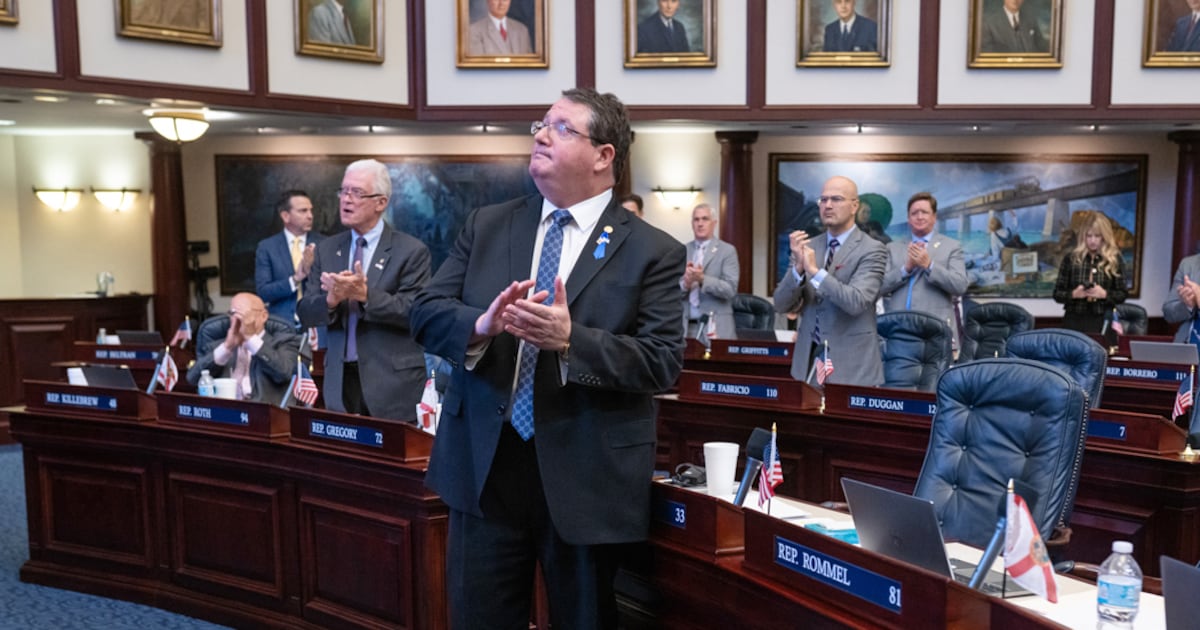On Thursday, Donald Ray Wackerly II ate a stuffed-crust veggie pizza, a Dr Pepper, a coconut cream pie, and a chocolate shake before going to the death chamber at the Oklahoma State Penitentiary. In 1998, Wackerly was convicted of the murder of a Laotian immigrant, and after 12 years on death row, he had finally exhausted his appeals. In the death chamber, prison wardens strapped him to the gurney and administered the drugs as he repeated a Buddhist mantra. Eventually he went silent. At 6:12 p.m., Wackerly was pronounced dead. Though his case is now closed, doubts remain about whether the state of Oklahoma obeyed federal laws in obtaining one of the drugs needed to kill him.
Oklahoma, like most states with upcoming executions, has been scrambling in recent months due to a shortage of thiopental, the first of the three drugs used in lethal injections—and the most important, according to death-penalty activists, because it anesthetizes the inmate before the administration of the final two drugs, which would otherwise be excruciatingly painful. Last year, thiopental’s sole domestic and FDA-approved manufacturer, Hospira, announced that it could no longer procure one of the drug’s active ingredients and that it would not be able to resume production until at least early 2011. (It also expressed uneasiness with the fact that states were using its product for executions.) Since then, states like Oklahoma, California, and Arizona have been scrambling to come up with supplies of the drug—and they’re turning to ethically and potentially legally dubious means of obtaining it.
Thiopental is a Schedule III controlled substance. Federal law requires that any transfer of a controlled substance take place between two DEA registrants and that a record of the transaction be kept for two years. On August 16, Oklahoma delayed the execution of inmate Jeffrey David Matthews because the state’s remaining supply of thiopental had expired. Shortly thereafter, Arkansas provided Oklahoma with a five-gram dosage of thiopental, enough to carry out a single execution under Oklahoma protocol. Because the state had not yet rescheduled Matthews’ execution, it decided to use the thiopental for Wackerly’s execution instead.
ADVERTISEMENT
According to Jerry Massie, the public-information officer for the Oklahoma Department of Corrections, Oklahoma did not consult a DEA registrant in obtaining the drug from Arkansas and filed no paperwork recording the transaction. Massie said that a peace officer with the Oklahoma Department of Corrections drove to Arkansas and picked up the thiopental after a conversation between the directors of the two departments.

Massie stated that he was confident Oklahoma had not broken federal law, because, he said, Wackerly’s lawyers did not bring the issue up in court. Wackerly’s lawyers declined to comment. But Megan McCracken, a lawyer at the Death Penalty Clinic at Berkeley Law, said, “Whether or not what the state of Oklahoma did is legal and appropriate does not depend on legal claims raised by Mr. Wackerly’s lawyers.”
The FDA says it is “not aware of any firm currently able to supply thiopental to the U.S.”
Massie also said Arkansas has a law on the books that allows a deputy director at the Department of Corrections to “possess and dispose of [the drug].” While states generally pass their own controlled-substance laws, they are still required to comply with federal requirements, says John A. Gilbert, a regulatory lawyer in Washington, D.C. Dina Tyler, public-information officer for the Arkansas Department of Corrections, said, “I don’t know the law [Massie is] referencing,” but declined to comment further due to litigation. Jeff Rosenzweig, a criminal-defense lawyer in Little Rock who works on death-penalty cases, said that after checking Arkansas’ laws and regulations and consulting with other lawyers in the state, neither he nor anyone he spoke with was aware of any such law or regulation. “If there is [such a law], it’s pretty well-hidden,” he said.
Oklahoma is not the only state to face questions over where and how it procured thiopental. Arizona has refused to disclose any information related to the drug it obtained for the October 26 execution of Jeffrey Landrigan, arguing in court that, “Assurances regarding how the chemicals will be handled are unnecessary.” The only information it has revealed is that it obtained the drug on September 30—the same day that California obtained 12 milligrams of thiopental that expire in 2014. The California Department of Corrections declined to comment on the source of its thiopental, but Hospira says that it cannot be the manufacturer of California’s drug, since the last batch Hospira manufactured expires in 2011, raising the question of whether California obtained the drug from overseas. (Countries with companies that make the drug include India and China.)
The FDA says that, because of Hospira’s shortage, “currently there are no FDA-approved manufacturers for thiopental,” and the agency is “not aware of any firm currently able to supply thiopental to the U.S.” It also states that, while the use of thiopental in lethal injections is outside the agency’s purview, it does not recommend “the use of non-FDA approved drug products because the products have not been reviewed for safety or whether the product will work as intended.”
To the lawyers who represent death-row inmates, the source of thiopental is not simply a technicality. If the drug is ineffective because it’s subpar or expired, the inmate could suffer a painful death—made all the more horrible by the fact that he’ll be unable to express it, because the second drug in the three-drug cocktail paralyzes the prisoner completely. The Supreme Court has held that an improper dose of thiopental would render an execution "constitutionally unacceptable." Ty Alper of the Death Penalty Clinic at Berkeley says, “State and federal laws regarding transfer of drugs from one entity to another are there for a reason. The reason they’re there is to ensure the integrity of the drugs.”
Ben Crair is the Deputy News Editor of The Daily Beast.






